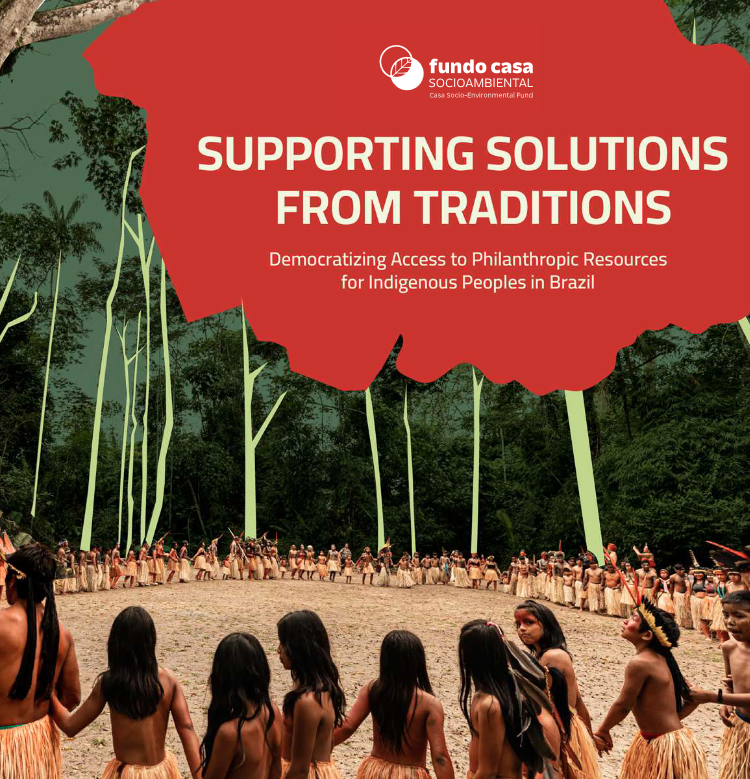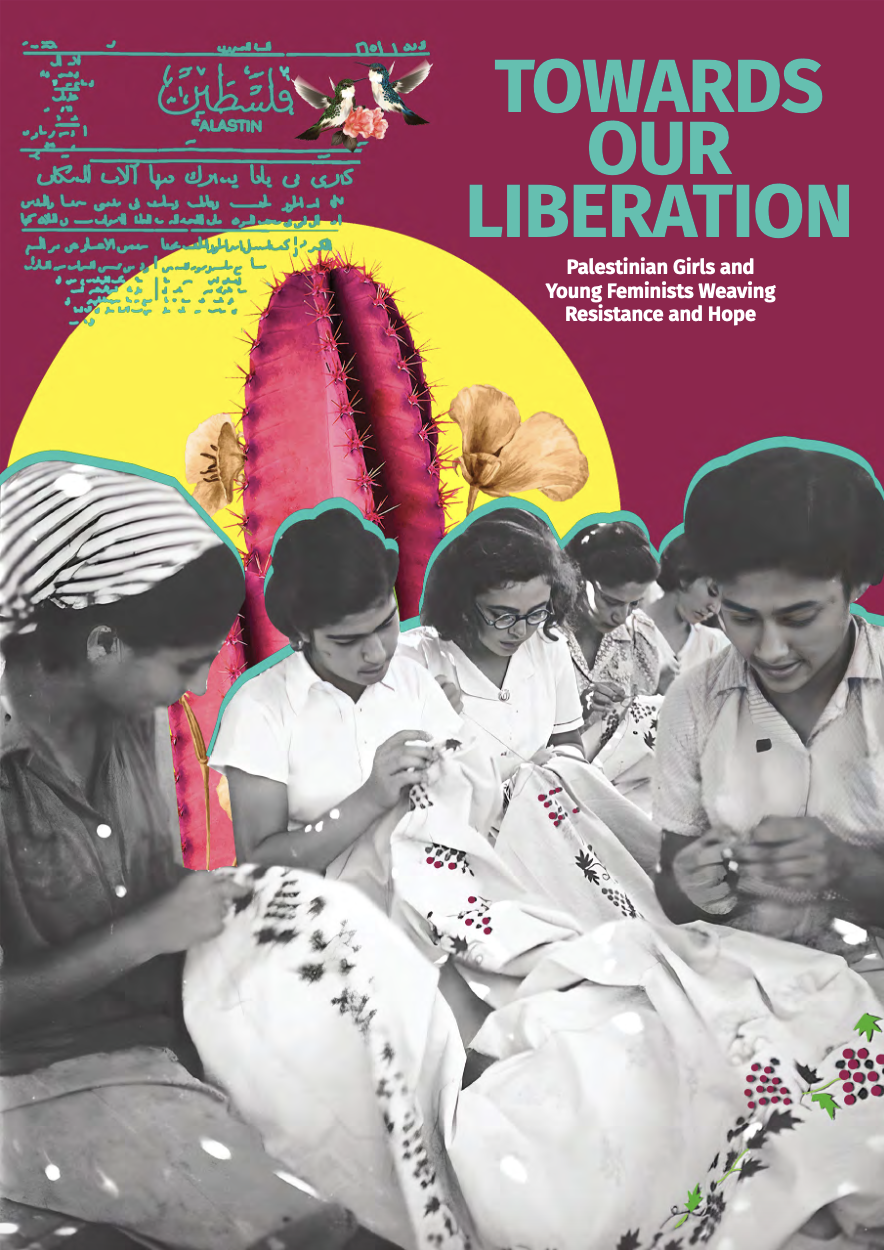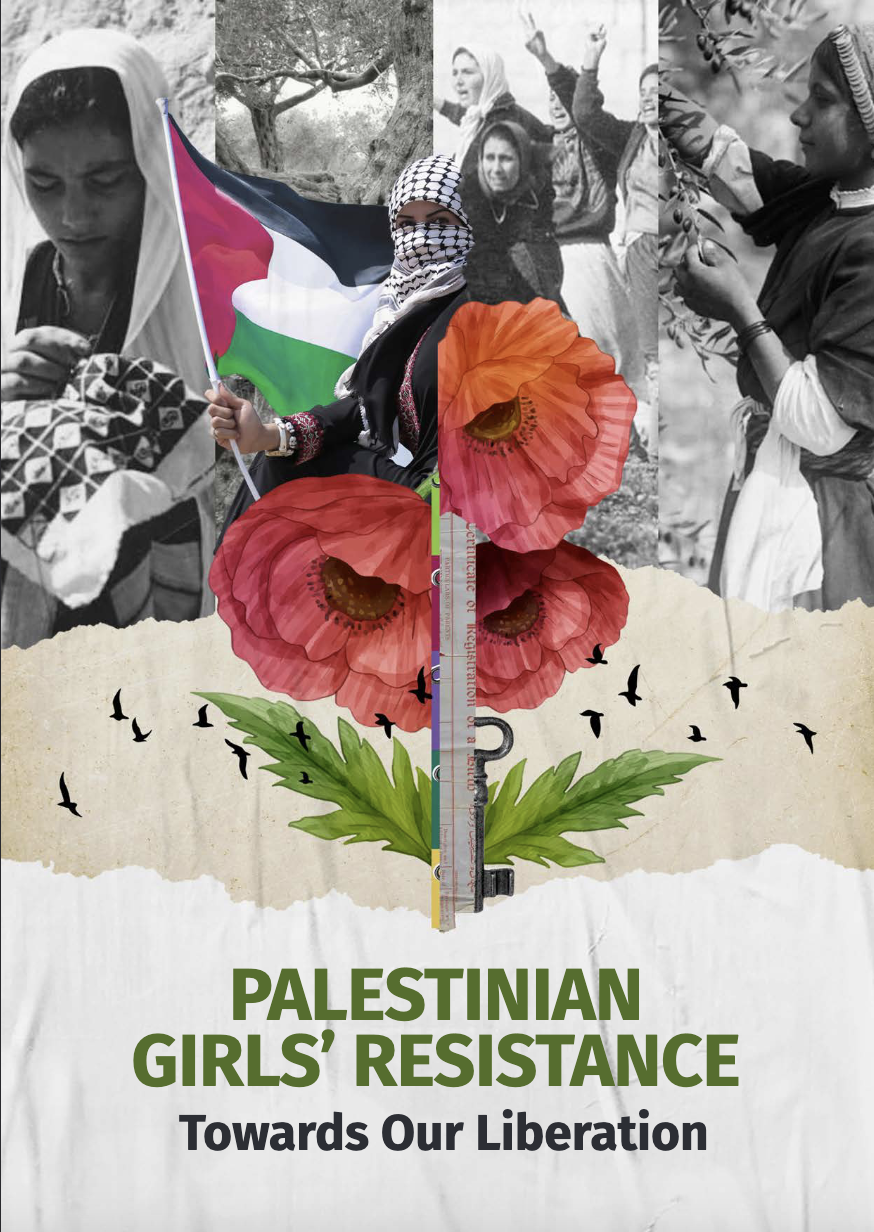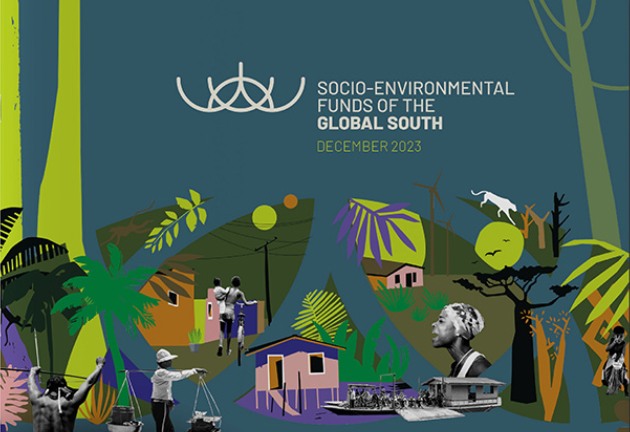Supporting Environmental Human Rights Defenders: Developing New Guidance for Donors and Civil Society Organisations
The Alliance for Land, Indigenous and Environmental Defenders (ALLIED) and the Universal Rights Group, with support from Freedom House and the Lifeline Fund for Embattled Civil Society Organisations, published two complementary reports presenting specific recommendations to donors and international civil society organisations on how to increase support for environmental human rights defenders (EHRDs) and climate activists.
The two reports, ‘Supporting environmental human rights defenders’ and ‘Understanding and responding to the protection needs of climate activists and movements,’ outline practical recommendations for donors and international civil society organisations to incorporate into their strategies toward the protection and prevention of harm of indigenous, environmental and land defenders.
Over the last two years, the Alliance for Land, Indigenous, and Environmental Defenders (ALLIED) worked closely with defenders and local organisations in five countries: Brazil, Colombia, Kenya, Mexico, and the Philippines to examine the effectiveness of support mechanisms. In addition to workshops in each country, ALLIED and local partners interviewed individual defenders and created case studies of their experiences to learn about
- their most pressing support and information needs,
- the obstacles they encounter in accessing protection support, and
- the challenges that organisations typically face in the delivery of effective support to environmental human rights defenders (EHRDs).
Lessons were also drawn from a survey and focus groups aimed at defining best practices to support EHRDs. The research brought to light one clear and concerning trend across all countries: EHRDs are often unaware of the different types of support systems available to them. This includes how and where to apply for and use those systems, and which existing mechanisms could help them address different risks and challenges at both national and international levels.
In response to that specific concern, this report summarizes key findings of the interviews, focus groups, and anonymized case studies from the two-year project in order to inform concrete steps to increase the impact of existing and future strategies to enhance EHRD protection. Following the case studies, the report presents recommendations for donors and CSOs working to better respond to the urgent needs of EHRDs around the world.
Related resources:



